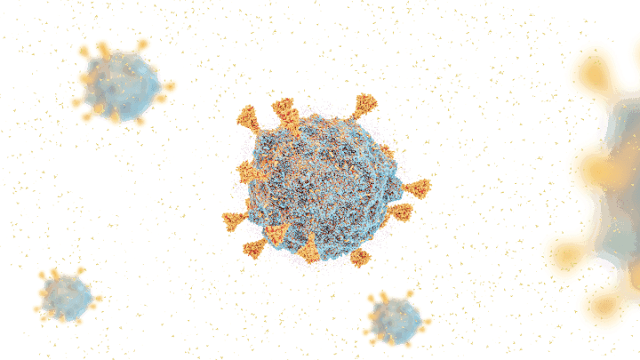A global team of scientists has discovered antibodies that can kill the variant responsible for the rise of Omicron around the world. In addition, the scientists claim that these antibodies can neutralize other variants of Covid19 as well.
New treatments may be explored
According to one of the study researchers, David Veesler of the Howard Hughes Medical Institute and the University of Washington School of Medicine, the antibodies work by targeting areas of the virus spike protein that are unchanged by mutations. Protein, scientists can develop vaccines and antibody treatments that work not only against the Omicron variant, but also against any mutation that may occur in the future.
The Omicron variant of the coronavirus has 37 mutations in its spike protein, which is considered an unusually high number for a virus. For this reason, countries like the US and UK are urging citizens to get a booster dose (a third vaccination) to increase the body's antibody response in the event of infection. Studies have shown that the variant, while less fatal, is more transmissible and able to evade the protection offered by vaccines designed with previous variants in mind.
Why the virus keeps mutating
If the virus continues to mutate (which it won't if the vaccine inequality is not addressed), one day a more deadly and transmissible variant could emerge that could spark another wave of infections like the one seen during the Delta wave in India.
The researchers also found that the Moderna, Pfizer / BioNTech, and AstraZeneca (Covishield) vaccines offered some protection against Omicron, unlike Sputnik V, Sinopharm, and Johnson and Johnson, which did not show the ability of Omicron to penetrate cells prevent.
from TechCrunch https://ift.tt/3FABGxk
via IFTTT

Comments
Post a Comment